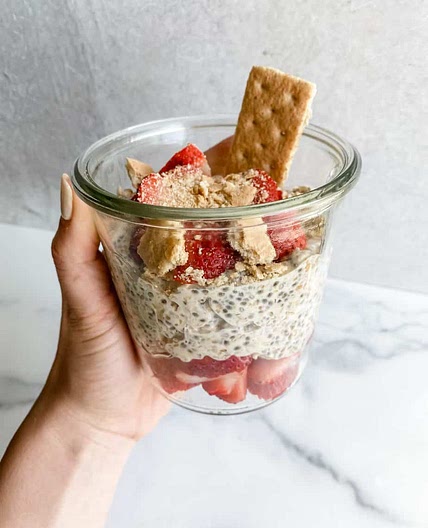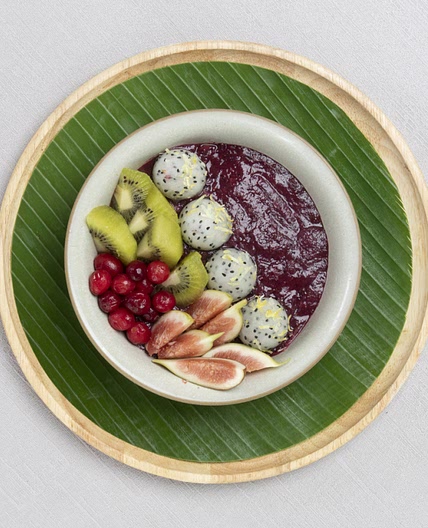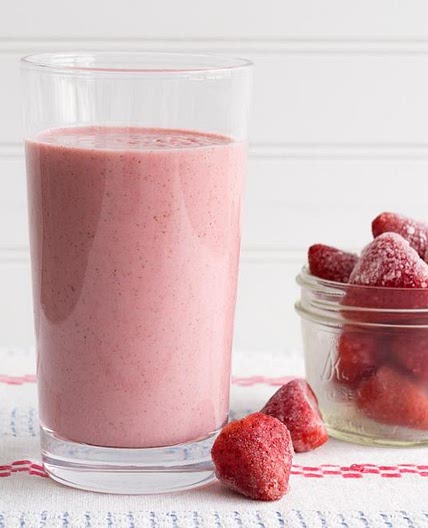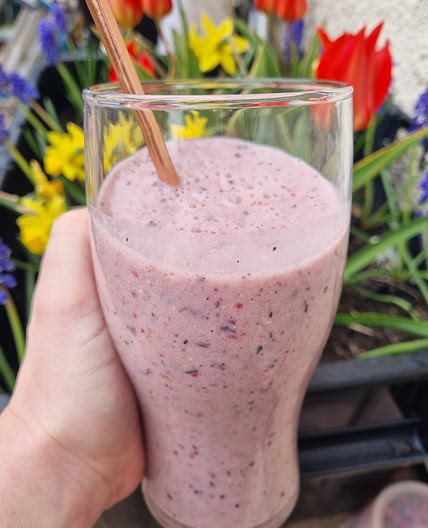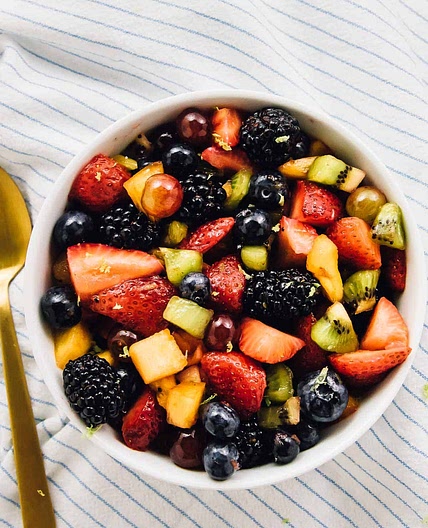Strawberry
 Fridge
FridgeStrawberries are a beloved fruit used in cuisines around the world. Part of the rose family, the fruit is actually a hybrid of two wild strawberry plants from Chile and North America. It wasn’t until the 18th century that the garden strawberry we know and love today was first grown in France. Today, the largest producers are China, Mexico, and the United States. Strawberries are typically harvested in early summer, although this depends on the variety and where they’re grown. However, strawberries are available in grocery stores year round. The fruit does well on its own with its seeds adding a bit of texture and can be eaten raw, cooked, or dried. Strawberries are often used for strawberry jam, fruit salads, cereal, yogurt, desserts, or simply enjoyed as a nutritious snack. In terms of nutrition, strawberries are ripe with vitamin C, manganese, and antioxidants. Because strawberries are high in water, they are also relatively low in carbs, mainly consisting of simple sugars and fiber. When it comes to storing strawberries, they should be kept in a partially closed container in the fridge for about four days. It’s best to wait to wash and hull (remove their green caps) strawberries until you’re ready to eat them. Sliced or hulled strawberries should be eaten within a day. To extend their shelf life, you can also freeze strawberries for up to 6 months—a perfect addition to smoothies!
Strawberry nutrition and vitamin info per 100g
| Energy | 32.5 | kcal |
| Total Fat | 0.30000001192092896 | g |
| Carbohydrate Total | 7.679999828338623 | g |
| Sugars | 4.889999866485596 | g |
| Protein | 0.6700000166893005 | g |
| Sodium | 1 | mg |
| Fiber | 2 | g |
3478 recipes to cook with Strawberry
Strawberry substitutes
- Regular substitute
Strawberry equivalents and varieties
Strawberry cooking tips
 Samsung Food
Samsung FoodBest to store in the fridge, covered with a lid or plastic wrap, ideally to be eaten within seven days.
 Samsung Food
Samsung FoodWhen buying strawberries, look for those bright red, no signs of mold and with green leaves.

